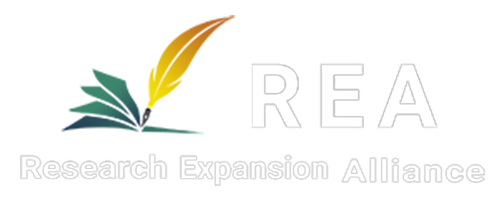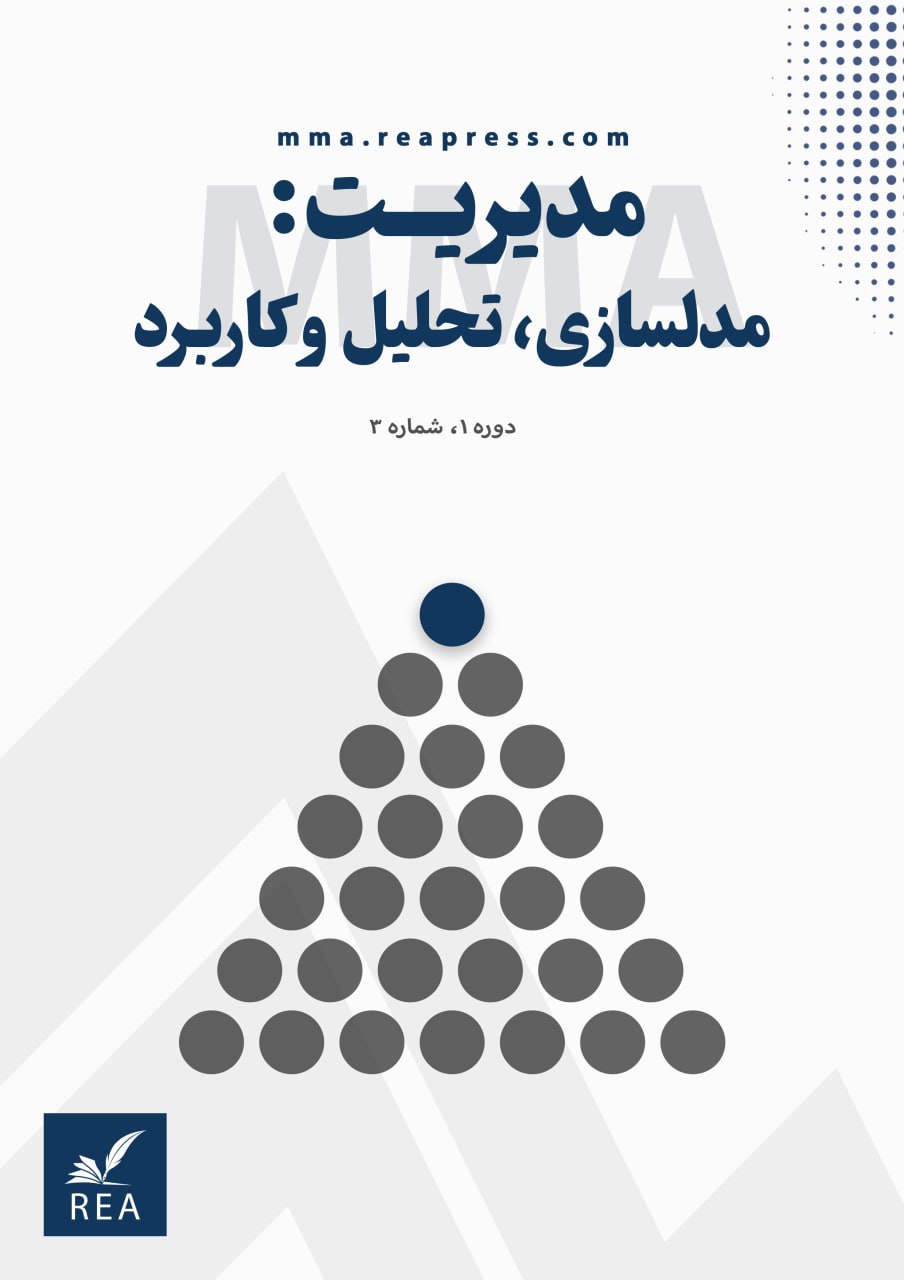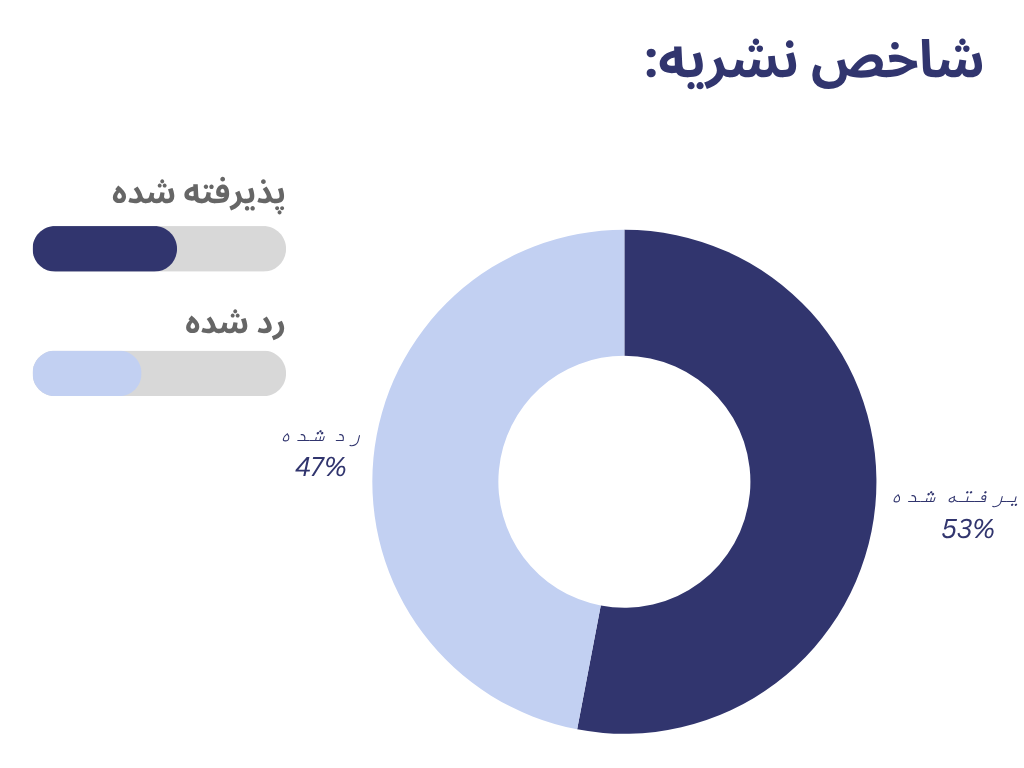مدیریت ریسکهای اجتماعی در زنجیرهتامین: تحلیل نظاممند پیامدها و راهکارهای پایدار
چکیده
هدف: این پژوهش با هدف تحلیل نظاممند ریسکهای اجتماعی در زنجیرهتامین و بررسی پیامدها و راهکارهای پایدار مدیریت این ریسکها انجام شده است. اهمیت روزافزون پایداری اجتماعی در زنجیرههای تامین، ضرورت شناسایی دقیق این ریسکها و اثرات آنها را برجسته میسازد.
روششناسی پژوهش: روش تحقیق مرور ادبیات سیستماتیک است که طی آن ۷۱ مقاله علمی منتشر شده بین سالهای ۲۰۱۰ تا ۲۰۲۵ موردبررسی قرار گرفت. دادهها با هدف شناسایی ابعاد مختلف ریسکهای اجتماعی و طبقهبندی پیامدهای آن تحلیل شدند.
یافتهها: نتایج نشان داد ریسکهای اجتماعی عمدتا در سه گروه "نقض حقوق بشر"، "رویههای کاری نامناسب" و "اثرات بر جامعه" قابل دستهبندی هستند. همچنین پیامدهای این ریسکها در شش حوزه "آسیبهای اعتباری، مالی، عملیاتی، ارتباطی، اجتماعی و قانونی" طبقهبندی شد. بررسیها نشان داد که تمرکز تحقیقات بیشتر بر صنایع تولیدی و کشورهای توسعهیافته بوده و صنایع خدماتی و اقتصادهای درحالتوسعه کمتر موردمطالعه قرار گرفتهاند.
اصالت/ارزشافزوده علمی: این مطالعه با ارایه یک تحلیل جامع و سیستماتیک از ریسکهای اجتماعی در زنجیرهتامین و شناسایی شکافهای پژوهشی موجود، راهنمایی ارزشمند برای مدیران، سیاستگذاران و پژوهشگران در جهت توسعه شبکههای تامین پایدار اجتماعی فراهم آورده است.
کلمات کلیدی:
ریسک اجتماعی، پایداری زنجیرهتامین، مسئولیت اجتماعی شرکتی، مرور نظاممند ادبیات، مدیریت ریسک تامینکنندگانمراجع
- [1] Koberg, E., & Longoni, A. (2019). A systematic review of sustainable supply chain management in global supply chains. Journal of cleaner production, 207, 1084–1098. https://doi.org/10.1016/j.jclepro.2018.10.033
- [2] Hong, J., Zhang, Y., & Ding, M. (2018). Sustainable supply chain management practices, supply chain dynamic capabilities, and enterprise performance. Journal of cleaner production, 172, 3508–3519. https://doi.org/10.1016/j.jclepro.2017.06.093
- [3] Hofmann, H., Busse, C., Bode, C., & Henke, M. (2014). Sustainability-related supply chain risks: Conceptualization and Management. Business strategy and the environment, 23(3), 160–172. https://doi.org/10.1002/bse.1778
- [4] Baldwin, R., & Freeman, R. (2021). Risks and global supply chains: What we know and what we need to know. SSRN electronic journal, 14, 153-180. https://doi.org/10.1146/annurev-economics-051420-113737
- [5] Ho, W., Zheng, T., Yildiz, H., & Talluri, S. (2015). Supply chain risk management: A literature review. International journal of production research, 53(16), 5031–5069. https://doi.org/10.1080/00207543.2015.1030467
- [6] Kabat, M., Desalvo, A., & Egan, J. (2017). The tip of the iceberg: Media coverage of “slave labor” in argentina. Latin american perspectives, 44(6), 50–62. https://doi.org/10.1177/0094582X17699909
- [7] Seuring, S., & Müller, M. (2008). From a literature review to a conceptual framework for sustainable supply chain management. Journal of cleaner production, 16(15), 1699–1710. https://doi.org/10.1016/j.jclepro.2008.04.020
- [8] Branch, K. (2019). Guide to social impact assessment: A framework for assessing social change. Routledge. https://doi.org/10.4324/9780429045400
- [9] White, K., Habib, R., & Hardisty, D. J. (2019). How to SHIFT consumer behaviors to be more sustainable: A literature review and guiding framework. Journal of marketing, 83(3), 22–49. https://doi.org/10.1177/0022242919825649
- [10] Giannakis, M., & Papadopoulos, T. (2016). Supply chain sustainability: A risk management approach. International journal of production economics, 171, 455–470. https://doi.org/10.1016/j.ijpe.2015.06.032
- [11] Beck, V. (2019). Consumer boycotts as instruments for structural change. Journal of applied philosophy, 36(4), 543–559. https://doi.org/10.1111/japp.12301
- [12] Sohn, Y. J., & Lariscy, R. W. (2014). Understanding reputational crisis: Definition, properties, and consequences. Journal of public relations research, 26(1), 23–43. https://doi.org/10.1080/1062726X.2013.795865
- [13] Deva, S. (2012). Regulating corporate human rights violations: Humanizing business. Routledge. https://doi.org/10.4324/9780203125618
- [14] Busse, C. (2016). Doing well by doing good? The self-interest of buying firms and sustainable supply chain management. Journal of supply chain management, 52(2), 28–47. https://doi.org/10.1111/jscm.12096
- [15] Graetz, G., & Franks, D. M. (2016). Conceptualising social risk and business risk associated with private sector development projects. Journal of risk research, 19(5), 581–601. https://doi.org/10.1080/13669877.2014.1003323
- [16] Schilling-Vacaflor, A. (2021). Integrating human rights and the environment in supply chain regulations. Sustainability (switzerland), 13(17), 1-15. https://doi.org/10.3390/su13179666
- [17] Cruz, J. M. (2013). Mitigating global supply chain risks through corporate social responsibility. International journal of production research, 51(13), 3995–4010. https://doi.org/10.1080/00207543.2012.762134
- [18] Kilubi, I. (2016). The strategies of supply chain risk management – a synthesis and classification. International journal of logistics research and applications, 19(6), 604–629. https://doi.org/10.1080/13675567.2016.1150440
- [19] Mulrow, C. D. (1994). Systematic reviews: Rationale for systematic reviews. Bmj, 309(6954), 597-599. https://doi.org/10.1136/bmj.309.6954.597
- [20] Thomé, A. M. T., Scavarda, L. F., & Scavarda, A. J. (2016). Conducting systematic literature review in operations management. Production planning and control, 27(5), 408–420. https://doi.org/10.1080/09537287.2015.1129464
- [21] Freise, M., & Seuring, S. (2015). Social and environmental risk management in supply chains: A survey in the clothing industry. Logistics research, 8(2) 1-12. https://doi.org/10.1007/s12159-015-0121-8
- [22] Higgins, J. P. T., Green, S., & Ben Van Den, A. (2020). Cochrane handbook for systematic reviews of interventions. International coaching psychology review, 15(2), 123–125. https://doi.org/10.53841/bpsicpr.2020.15.2.123
- [23] Zhao, D., & Strotmann, A. (2015). Analysis and visualization of citation networks. Synthesis lectures on information concepts, retrieval, and services, 7(1), 1–207. http://dx.doi.org/10.2200/S00624ED1V01Y201501ICR039
- [24] Annibal Jos, S., Luiz Felipe, S., Nicole Suclla, F., & ThomÃ, T. (2012). Sales and operations planning: A research synthesis. International journal of production economics, 138(1), 1-13. https://ideas.repec.org/a/eee/proeco/v138y2012i1p1-13.html
- [25] Lebaron, G. (2021). Wages: An overlooked dimension of business and human rights in global supply chains. Business and human rights journal, 6(1), 1–20. https://doi.org/10.1017/bhj.2020.32
- [26] LeBaron, G. (2021). The role of supply chains in the global business of forced labour. Journal of supply chain management, 57(2), 29–42. https://doi.org/10.1111/jscm.12258
- [27] Ball, K. (2010). Workplace surveillance: An overview. Labor history, 51(1), 87–106. https://doi.org/10.1080/00236561003654776
- [28] Glasson, J., & Therivel, R. (2013). Introduction to environmental impact assessment. Routledge. https://doi.org/10.4324/9781315881218
- [29] Lange, D., & Washburn, N. T. (2012). Understanding attributions of corporate social irresponsibility. Academy of management review, 37(2), 300–326. https://doi.org/10.5465/amr.2010.0522
- [30] Zubizarreta, M., Ganzarain, J., Cuadrado, J., & Lizarralde, R. (2021). Evaluating disruptive innovation project management capabilities. Sustainability (switzerland), 13(1), 1–22. https://doi.org/10.3390/su13010001
- [31] Terje, A. (2016). Risk assessment and risk management: Review of recent advances on their foundation. European journal of operational research, 231(1), 1–13. https://doi.org/10.1016/j.ejor.2015.12.023
- [32] Lankoski, L. (2016). Alternative conceptions of sustainability in a business context. Journal of cleaner production, 139, 847–857. https://doi.org/10.1016/j.jclepro.2016.08.087







